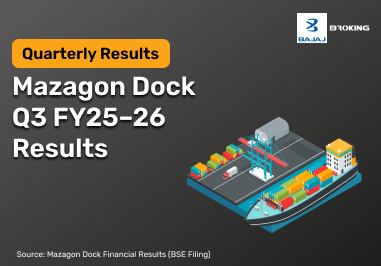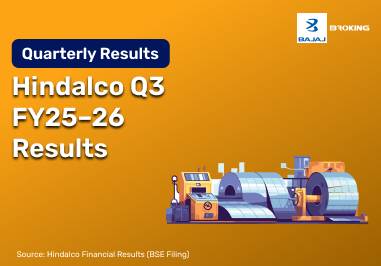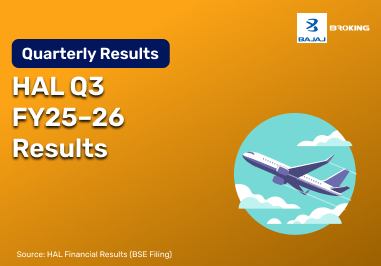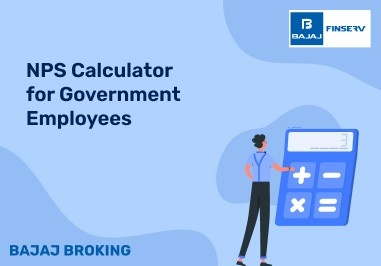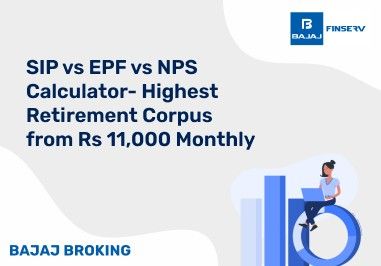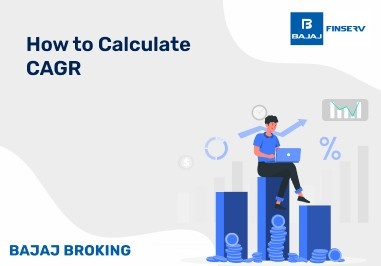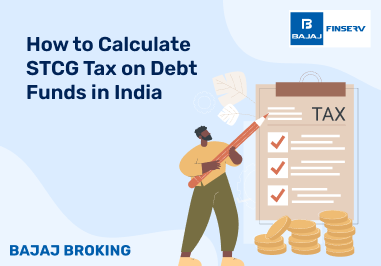Index futures are derivative contracts that derive their value from a financial index. These contracts represent an agreement to buy or sell the value of a specific index at a predetermined price on a future date. Index futures reflect market participants’ expectations of an index’s future price direction.
While initially designed for institutional investors, index futures are now accessible to individual traders as well. They are commonly used for hedging portfolio exposure or for taking directional positions on indices. Some exchanges also offer fractional index futures, which have a lower contract value compared to institutional contracts, making them suitable for a broader range of traders.
Stock Index futures are financial derivative contracts that allow traders to bet on the potential price fluctuations of a certain stock marketplace index, such as the S&P 500, NASDAQ, or Dow Jones Industrial Average. These contracts obligate the parties involved to purchase or offload the underlying index at a set price and date in the future.
Investors can take either long or short positions in index futures meaning, they anticipate the index’s value will rise (Going long ) or suggest they expect a decline (going short). These contracts are settled in cash, meaning physical delivery of the underlying index doesn’t occur. Instead, profits or losses are calculated according to the distinction between the contract’s initial price and its price at expiration.
Stock Index futures in India serve various purposes in the financial markets. They allow traders to hedge existing stock positions, protecting against adverse market movements. Additionally, they provide leverage, enabling investors to control a larger market exposure with a relatively small upfront investment. Index futures are a high-risk, high-reward instrument because they may magnify both potential profits and losses.
Index futures are widely used by institutional investors, speculators, and hedgers to manage risk and gain exposure to larger market fluctuations, making them an essential component of the global financial ecosystem.
How to Trade Index Futures?
To trade index futures, both buyer and seller enter a contract that specifies the index value, quantity, and expiration date. The trade is executed through a registered futures broker, who places buy and sell orders on behalf of the participants. Positions taken can be either long (buy) or short (sell), based on the trader’s market view.
Index futures require initial and maintenance margins, which are deposits maintained to manage risk and ensure settlement. These contracts are settled in cash, not through the delivery of assets. On the expiry date, the profit or loss is calculated by comparing the contract price to the final settlement price of the index. The resulting difference is credited or debited accordingly.
Types of Index Futures
There are several types of index futures available in the market, each based on a different underlying index. Some of the commonly traded contracts include:
Various types of stock index futures are designed to track specific sectors or segments of the market. Below are some of the widely tracked indices:
Nifty 50
This index represents the performance of 50 of the largest and most liquid companies listed on the National Stock Exchange (NSE), reflecting the broader Indian equity market.Nifty IT
This index comprises 25 leading information technology companies listed on the NSE, offering sector-specific insights into the performance of India’s IT industry.Nifty Bank
Tracking the 20 largest banking stocks on the NSE, Nifty Bank serves as an indicator of the Indian banking sector's market movements.S&P BSE Bankex
This index includes major banking stocks listed on the BSE and covers a large portion of the sector’s market capitalisation.S&P BSE Sensex 50
Consisting of 50 companies, this index provides a broader representation than the traditional Sensex, which includes 30. It helps assess overall market sentiment.S&P BSE Bharat 22 Index
Made up of 22 central public sector enterprises listed on the BSE, this index is often tracked by investors interested in public sector performance.
Each type of index future mirrors the performance of its respective index and is influenced by sectoral or broader market movements.
Importance of the Index Futures
Index futures are significant tools in the financial markets for both hedging and speculation. They offer access to index exposure without requiring the full capital needed to buy the underlying stocks, making them capital-efficient instruments.
These contracts allow market participants to express views on market direction. A trader anticipating upward movement may take a long position, while one expecting a decline may go short. In both cases, positions are managed based on real-time market developments.
Index futures are also widely used to hedge against market volatility. For instance, a trader holding a portfolio of stocks may sell index futures to offset potential losses in a falling market. This helps in balancing risk and provides a mechanism to navigate uncertain conditions more effectively.
How Do Index Funds Work?
Stock Index funds are a type of investment fund designed to track the performance of a specific market index. They work by pooling money from multiple investors to buy a diversified portfolio of assets that mirror the components of the chosen index. Here’s how index funds operate:
Asset Allocation
The fund distributes client funds among a diverse range of securities representing the index’s constituents. For example, if it tracks the S& P 500, the fund will invest in the 500 firms that comprise the index.
Static Management
Index funds, as opposed to actively managed funds, adhere to a passive investment approach. They aim to replicate the index’s performance rather than outperform it. This passive approach typically results in lower management fees.
Who Should Use Index Futures?
Investing in stock index futures in India can be a sound choice for a diverse range of individuals, depending on their financial objectives, risk tolerance, and investment inclinations. Index funds might prove advantageous for the following types of investors:
- Long-Term Investors: Index funds are frequently advised for long-term investors, such as those preparing for retirement since they give long-term exposure to the general market or specific sectors. They have the ability to deliver consistent returns at decreasing costs over time.
- Passive Investors: Index funds are a fantastic alternative if you want a hands-off investment style and do not want to actively manage your portfolio. They require minimal involvement as they aim to replicate the performance of an index without active stock picking.
- Beginner Investors: Index funds provide a straightforward and diverse entry point into the market for people new to investing. You may begin with a little investment and get exposure to a diverse selection of assets without the need for extensive market research.
- Cost-aware Investors: These funds are recognised for their modest-cost ratios, which can considerably lessen the impact of fees on your investment outcomes. Index funds are a wise alternative if you want to cut costs.
- Risk-Reluctant Investors: Index funds, by design, spread risk across multiple assets within an index. This diversification can help mitigate the impact of poor-performing individual stocks or sectors, making them a less risky option compared to investing in individual securities.
- Investors Seeking Market Performance: If your goal is to match the overall market’s performance rather than trying to beat it, index funds are ideal. They provide returns that closely track the chosen index, and you’re not aiming for outperformance.
- Tax-Effective Investors: Due to their low turnover, index funds often reduce capital gains payments, which can be tax-efficient, particularly for taxable accounts.
It’s important to note that while index funds offer benefits, they may not be the best choice for everyone. Some investors with specific goals or preferences may still prefer actively managed funds or individual stock picking. Examine your risk tolerance and financial goals to see if index funds are a good fit for your investing plan. Diversifying your investing portfolio with a mix of assets, including index funds, is also a good idea.
The Benefits And Drawbacks Of Investing In Index Futures
Investing in index funds has a number of benefits and drawbacks that investors should consider when making investing decisions.
Advantages:
- Diversification: These funds allow for immediate diversification by holding a huge range of assets making up the base index. This reduces the impact of poor-performing individual stocks or sectors, lowering overall risk.
- Lower Costs: Index funds are known for their low expense ratios. Since they passively track an index, they involve minimal research and trading, resulting in lower management fees compared to actively managed funds.
- Simplicity: Index funds are easy to understand and require minimal management. They are an excellent choice for investors who prefer a hands-off approach and don’t want to actively pick and monitor individual stocks.
- Consistent Performance: Index funds seek to mirror the working of the index they are tracking. While they may not beat the market, they deliver long-term returns that roughly track the index’s performance.
- Liquidity: Index funds are very liquid since they are traded on stock exchanges. Throughout the trading day, investors may purchase and sell shares at current market values, giving flexibility and accessibility.
- Tax Efficiency: Because of their low turnover, index funds frequently generate smaller capital gains distributions, which can be tax-efficient, especially in taxable accounts.
Disadvantages:
- Limited Upside Potential: Index funds aim to match the market’s performance, so they won’t provide outsized gains. If you seek the potential for substantial returns, you may need to consider other investment options.
- Tracking Error: While these funds aspire to mimic an index’s performance, there may be slight discrepancies known as tracking errors. This can result from factors like transaction costs and imperfect replication.
- No Active Management: While the passivity of index funds is an advantage for some, it also means that they won’t adapt to changing market conditions or seize specific investment opportunities. Active fund managers may offer more flexibility in this regard.
- Inclusion of Poor-Performing Stocks: Index funds include all stocks or assets in the index, even those that may be underperforming. This means you’ll have exposure to both the winners and losers in the index.
- Market Downturns: Index funds will decline in value when the underlying index experiences a downturn. While diversification helps mitigate risk, it doesn’t eliminate the impact of market-wide declines.
- No Individual Stock Selection: If you have strong convictions about specific stocks or sectors, index funds won’t allow you to make individual stock picks.
Index funds are a valuable investment tool for many investors, especially those with a long-term and passive investment approach. They offer diversification, cost-efficiency, and simplicity. However, they may not be suitable for those seeking high returns or desiring active management. Consider your financial goals, risk tolerance, and investment strategy when deciding whether to invest in index funds or explore other investment options.
Conclusion
In summary, index funds offer simplicity, diversification, and cost-efficiency, making them suitable for long-term, passive investors. They closely mimic market returns with low fees, high liquidity, and tax efficiency. However, they may not provide high growth and lack active management, potentially not aligning with investors seeking greater returns or hands-on strategies.
Disclaimer: Investments in the securities market are subject to market risk, read all related documents carefully before investing.
This content is for educational purposes only. Securities quoted are exemplary and not recommendatory.
For All Disclaimers Click Here: https://www.bajajbroking.in/disclaimer



